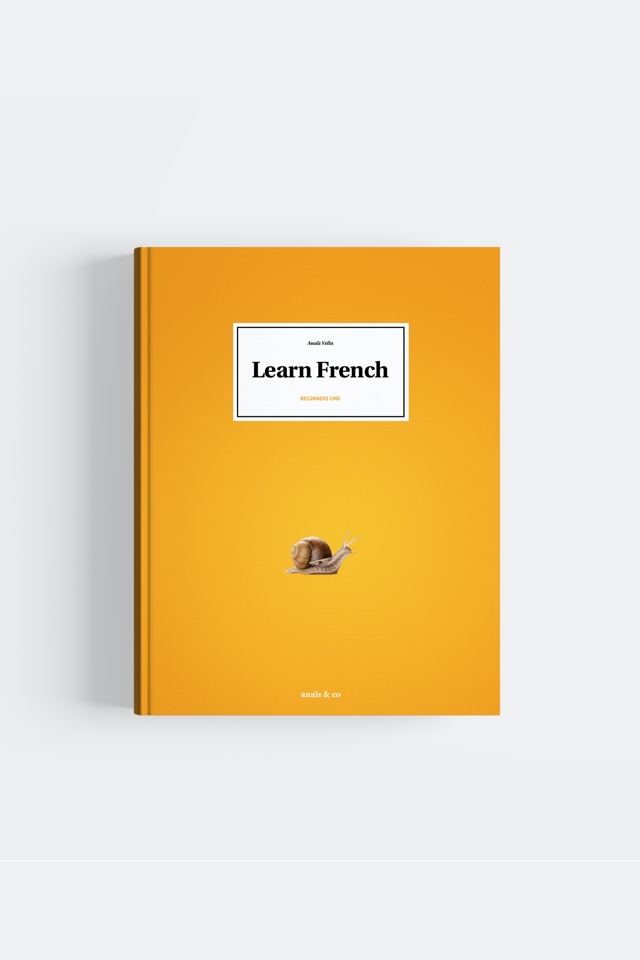

| French | English |
|---|---|
| L’animalerie (feminine) | The pet shop |
| L’épicerie (feminine) | The grocery shop |
| L’épicerie fine (feminine) | The deli |
| L’opticien (masculine) | The optician’s |
| La bijouterie | The jewellery shop |
| La boucherie | The butcher’s |
| La boulangerie | The bakery (bread) |
| La boutique | The shop |
| La cordonnerie | The cobbler’s |
| La droguerie/la quincaillerie | The hardware shop |
| La jardinerie | The garden centre |
| La librairie | The bookshop |
| La mercerie | The haberdashery |
| La papeterie | The stationery shop |
| La parfumerie | The perfume shop |
| La pâtisserie | The bakery (cake) |
| La pharmacie | The pharmacy |
| La poissonnerie | The fishmonger’s |
| La presse | The newspaper-store |
| Le centre commercial | The mall/shopping centre |
| Le fleuriste | The florist |
| Le magasin | The shop |
| Le magasin bio | The health food shop |
| Le magasin de bricolage | The DIY store |
| Le magasin de jouets | The toy shop |
| Le supermarché | The supermarket |
| Le tabac | The tobacconist’s |
As shops are places, when using the verb “aller,” (to go) or “être,” (to be) we need to use the contracted articles “au, à la, à l’, aux” instead of the definite articles.
For example:
Je vais à la boulangerie → I go to the bakery.
For some shops in this list, we are actually using the name of the profession and not the name of the shop as we do not have one in the language. This is the case for “le fleuriste” and “l’opticien”. As a result, the contracted articles cannot be used. Instead, we need to use the preposition “chez” which refers to someone’s place, shop or practice. In addition to those two, in the language we prefer to use “le cordonnier” (the cobbler) instead of “la cordonnerie” (the cobbler’s shop).
For example:
Je vais chez le fleuriste → I go to the florist’s.
Je vais chez le cordonnier → I go to the cobbler’s.
“Le magasin” can be followed by “de” and the noun describing what it sells. Many shops in France are called like that.
For example:
Le magasin de souvenirs → The souvenir shop.
Le magasin de chaussures → The shoe shop.
Le magasin de fruits et légumes →
The fruit and vegetable shop.

More in the books
Werther you are learning by yourself, with Anais and Co or if you are a FLE teacher find this lesson and many more in a beautiful book.
Be notified when we upload a new video.